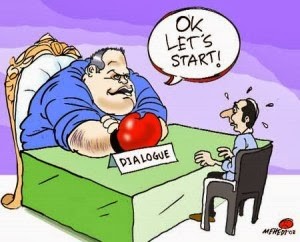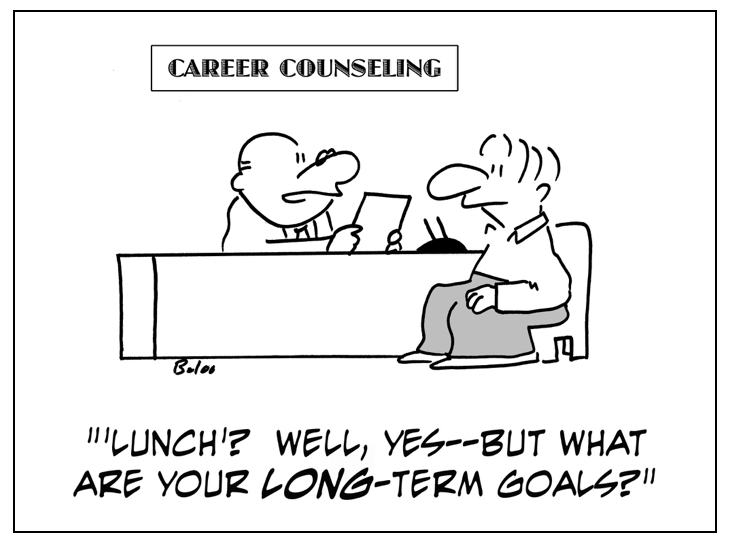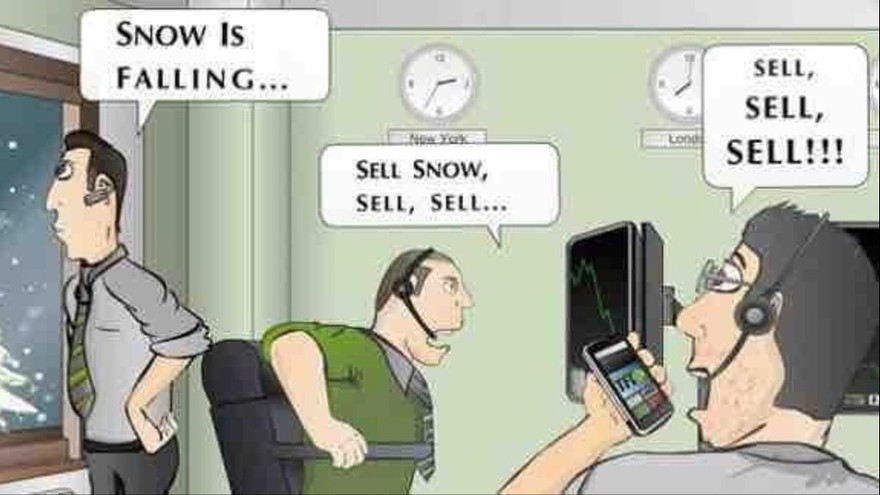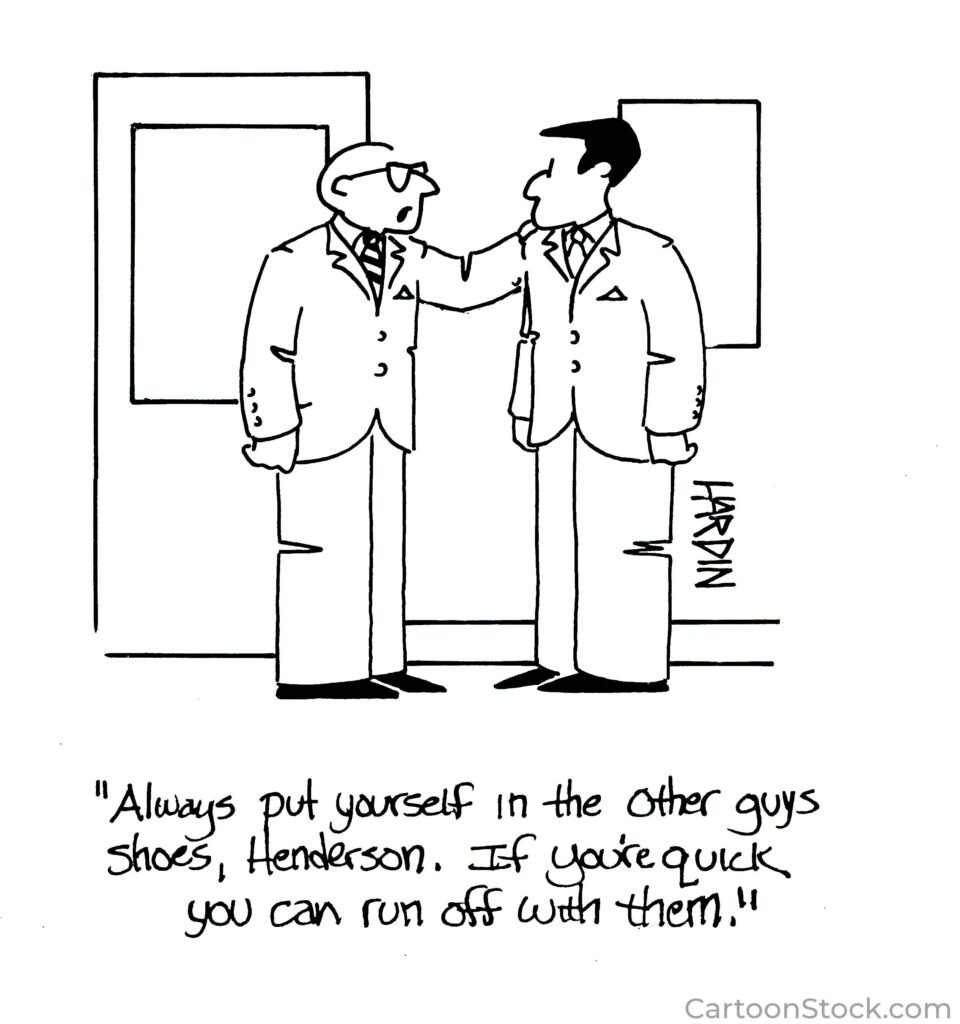 In 1997, managers at Samsung didn’t question a $13 billion investment that would take the company into the automobile industry because the idea’s champion, Samsung Chairman and CEO Kun-Hee Lee, was a forceful personality and a car buff. When Samsung Motors folded only a year into production, Lee wondered why no one had expressed reservations. (Teams That Click, HBSP, pg. 74)
In 1997, managers at Samsung didn’t question a $13 billion investment that would take the company into the automobile industry because the idea’s champion, Samsung Chairman and CEO Kun-Hee Lee, was a forceful personality and a car buff. When Samsung Motors folded only a year into production, Lee wondered why no one had expressed reservations. (Teams That Click, HBSP, pg. 74)
Robust dialogue could have prevented Samsung’s debacle.
Simply stated, robust dialogue occurs in a group when everyone is encouraged, allowed, and even required to give their unfiltered input on issues. The value of robust dialogue is: Every idea or plan will be improved upon when submitted to the unfiltered wisdom and input of others.
Robust dialogue is not just the right thing to do; it is the best thing to do. It’s not just politically correct, it is practically helpful.
The prelude to robust dialogue may sound like this:
-
-
- The boss says, “I’ve got an idea and I would really value everyone’s input. I want you to be totally honest.”
- A team member says, “My division is thinking about offering a new service, but before we get very far down the road, I want to get your opinion on the project.”
- A team member says, “I think we’re going in the wrong direction on this project.”
-
Bossidy and Charan teach that robust dialogue is based on openness, candor, and informality.
-
-
- Openness—people are not trapped by preconceptions; they’re open-minded.
- Candor—people speak candidly and express their real opinions. Truth is valued more than harmony.
- Informality—informal dialogue invites questions, mental experimentation, and creative and critical thinking. Formality suppresses dialogue and leaves little room for debate.
(Execution: The Discipline of Getting Things Done, pg. 102)
-
Robust dialogue will help maintain a transparent and healthy workplace. It’s amazing how often there’s an elephant in the room, but no one is willing to acknowledge it. Clarke and Crossland warn, “Every time your team avoids the critical ‘real issues,’ you lose. Every time the discussion outside the meeting room—physical or virtual—is dramatically different from the discussion inside the room, you lose.” (The Leader’s Voice, pg. 118)
Often, we avoid challenging dialogue because we value unanimity and harmony. But when we ignore the tough issues, we inadvertently dilute any sense of consensus; true alliance is achieved only when all the major issues have been identified and wrestled with. Consensus is good, unless it is achieved too easily, in which case it becomes suspect.
Robust dialogue is not only helpful in the workplace, it will also improve dialogue among family members and friends. See a previous post – Don’t go to Abilene — for an example of how robust dialogue might help family communications.



